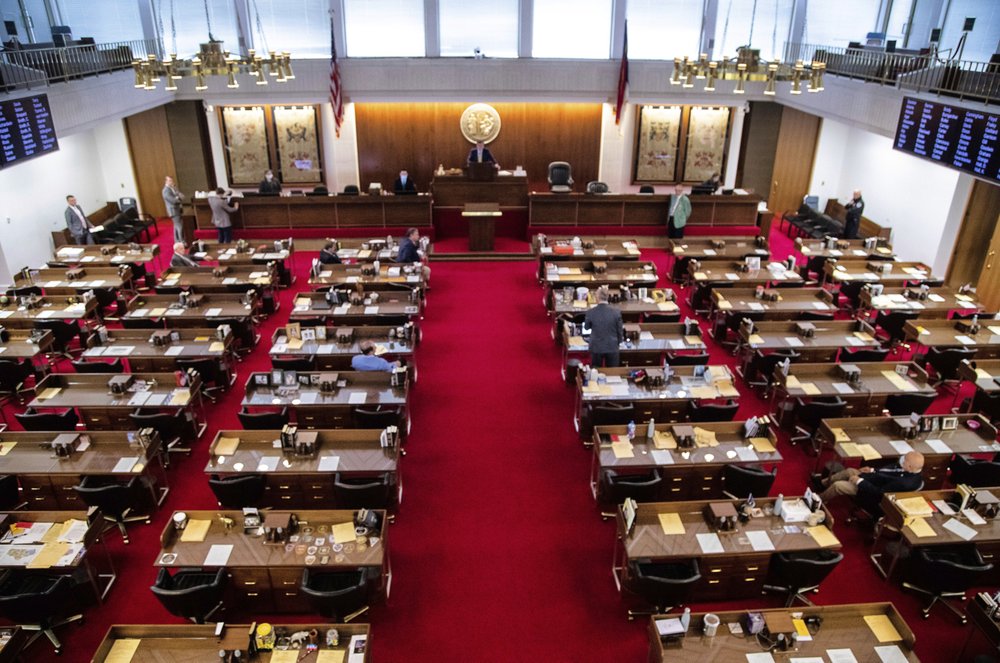The North Carolina House of Representatives has overwhelmingly passed a bill that will treat crimes by minors as youthful indiscretions. Now, the bill must pass through the Senate before it can be signed into law by Governor Roy Cooper.
North Carolina is the last state in the country that tries crimes by 16 and 17-year-olds as adult offenses.
House Bill 280 was filed in March to reclassify those legal offenders under age 18 as juvenile delinquents.
Senators and local faith leaders held a press conference Tuesday to discuss the bill and its place in the senate budget. Senator Tamara Barringer of Wake County led the conference. She said it’s important to understand the consequences of a 16-year-old making a mistake and having to pay for it for the rest of his or her life, because teens don’t.
“Once these children have a record, they’re not going to be able to go to college,” she said. “They’re not going to be able to get a job. They’re not going to be able to get into the military. So, what happens is that after they have made this mistake and they are convicted of a crime, then they’re in a position to not be able to move forward.”
Mark Creech is a reverend and is the executive director of the Christian Action League of North Carolina. He said throwing teens into the adult legal system can also affect an entire family.
“Our current law cuts parents out of the process, denying them the chance to intervene and help their teen in a time of crisis,” he said. “Cases against them can proceed to completion with no parental involvement or input.”
He said trying those under age 18 as adults when they commit misdemeanors and low-level crimes, thrusts them into a pipeline of crime they might not be able to get out of.
“Rather than ending up in the juvenile system where both parents and authorities can work together in addressing the problems at the root of the teen’s criminal activity, these youngsters are hauled off into an adult system that almost guarantees that they become twice the child of Hell that they may already be,” said Creech.
Orange County and some other counties in North Carolina already have misdemeanor diversion programs that aim to keep teenage offenders from being tried as adults.
Barringer said the bill’s place in the budget for the whole state will require some money for resources and efforts to help teens get back on the right track after committing a crime. But she said, the return will be worth it.
“This does require an investment up front, but an investment that will pay extraordinary dividends in the future,” she said. “Also, it will give our criminal justice system an opportunity to react to this and to actually develop.”
She said providing young adults with support and resources is important because they’re the future of the state and country.
“Jimmy Wayne says… he likes to close by saying that ‘children are 30 percent of our population but 100 percent of our future,’” said Barringer. “And, this is a good investment in that future.”
For the bill and provision in the budget to pass, the Senate must also pass it in its budget, or must agree upon the provision in the General Assembly’s reconciliation process.







Comments on Chapelboro are moderated according to our Community Guidelines